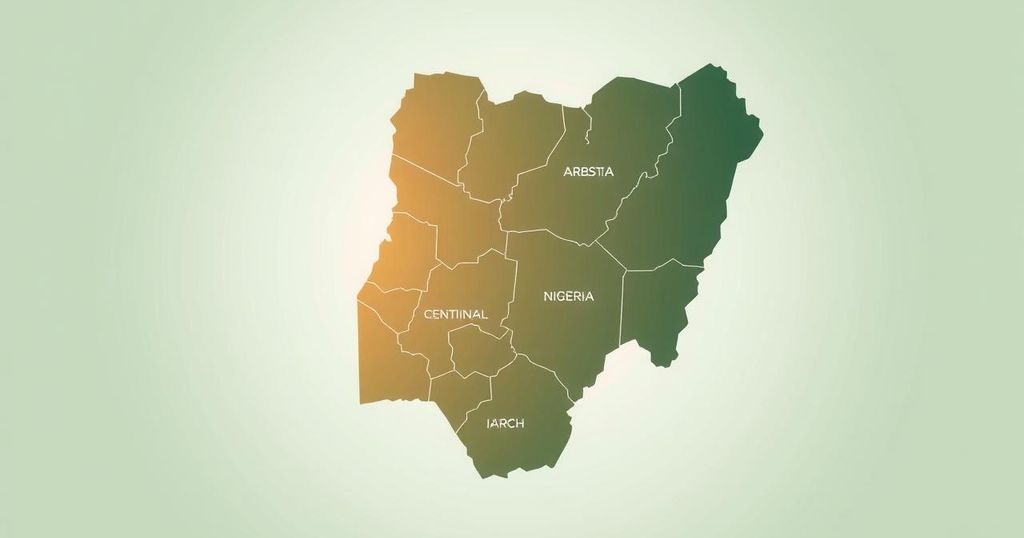Nigeria’s House of Representatives has proposed the creation of 31 new states, an initiative presented by Deputy Speaker Benjamin Kalu which aims to reshape the country’s political framework. Requests for new states have been submitted from all six geopolitical zones, with specific names and regions identified. This proposal, if approved, could mark a significant restructuring of Nigeria’s state system since 1996.
The House of Representatives in Nigeria has proposed the establishment of 31 new states, a decision that could substantially transform the nation’s political landscape. This proposal was presented during a plenary session on February 6th, by Deputy Speaker Benjamin Kalu, who highlighted that the ideas for new states originated from all six geopolitical zones. The aim is to adhere to the constitutional requirements for state creation.
The requests for new states came from various regions, with the North Central submitting five proposals, the North East four, the North West and South East each putting forth five, the South-South with four, and the South West leading with seven. This spread indicates a broad interest in restructuring the administrative boundaries within Nigeria, ensuring representation across diverse regions.
Specific proposed states include Okun, Okura, and Confluence from Kogi; Benue Ala and Apa from Benue; Amana from Adamawa; Katagum from Bauchi; Savannah from Borno; and Muri from Taraba. Additionally, Kaduna could see the formation of New Kaduna and Gujarat, while Kano might have Tiga and Ari as new states.
The South East region suggests the creation of Etiti, Orashi, Adada, Orlu, and Aba states. In the South-South, proposals include Ogoja (Cross River), Warri (Delta), Ori, Obolo (Rivers), and Torumbe (Ondo). The South West proposes Ibadan, Lagoon (Lagos), Ogun, Ijebu, Oke Ogun, and Ijesha (Oyo/Ogun/Osun). These proposals are set to face legislative scrutiny, addressing legal and political challenges before any final decisions are made.
If approved, this initiative could mark the most significant restructuring of Nigeria’s 36-state framework since 1996, fundamentally altering the country’s governance and regional representation. The outcomes will depend on how well advocates can navigate the constitutional stipulations required for such a change.
The proposal for creating new states in Nigeria is primarily driven by demands for greater representation and resource allocation across the various regions of the country. Historically, Nigeria has faced political tension due to ethnic and geographic disparities. The process for state creation is outlined in the 1999 Constitution, emphasizing that any new states must meet specific conditions before they can be established. This initiative reflects ongoing discussions about federalism and decentralization in Nigeria, spotlighting the need for a more balanced distribution of power and resources.
The House of Representatives’ proposal to create 31 new states in Nigeria represents a critical shift in the administrative landscape of the nation. By garnering support from all geopolitical zones, this plan seeks to address regional disparities and enhance governance. However, the legislative journey ahead will test the feasibility of these proposals as constitutional requirements must be meticulously met before any alterations to the current state structure can take place.
Original Source: www.pulse.ng






